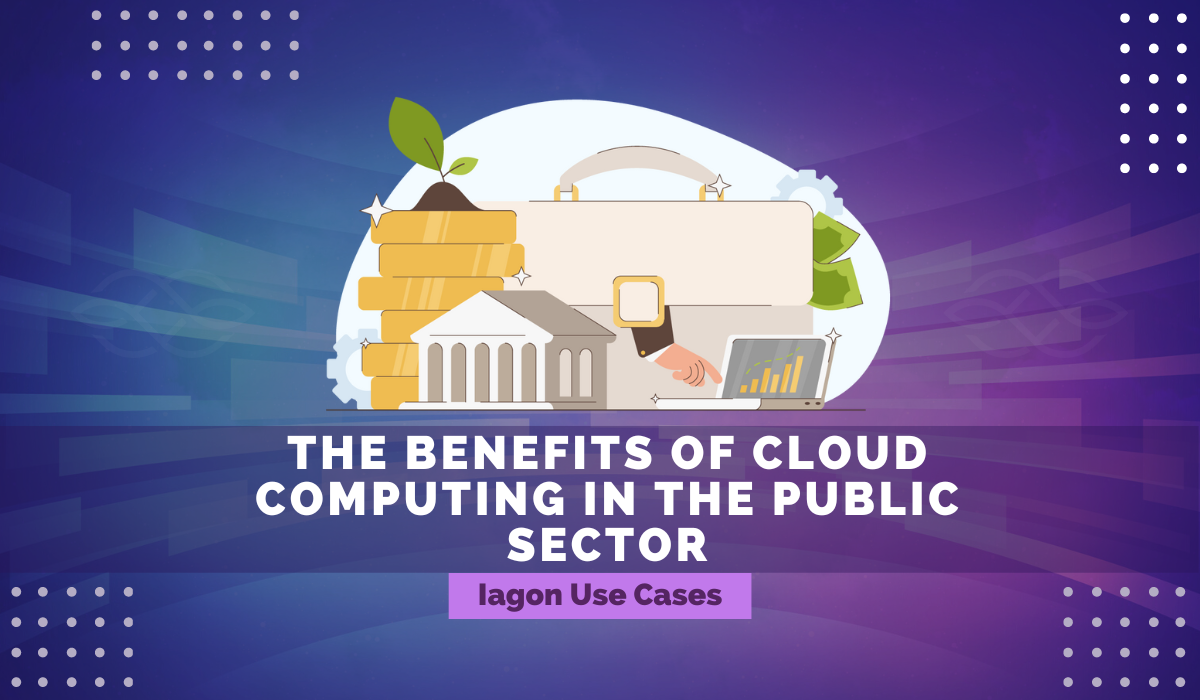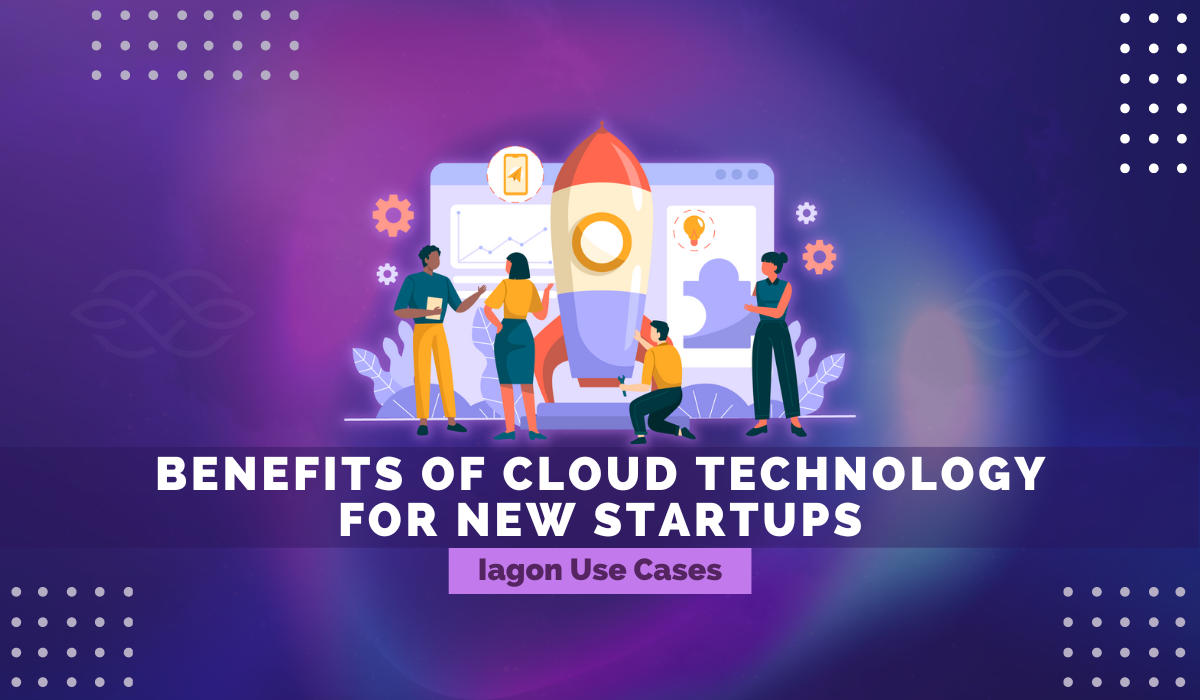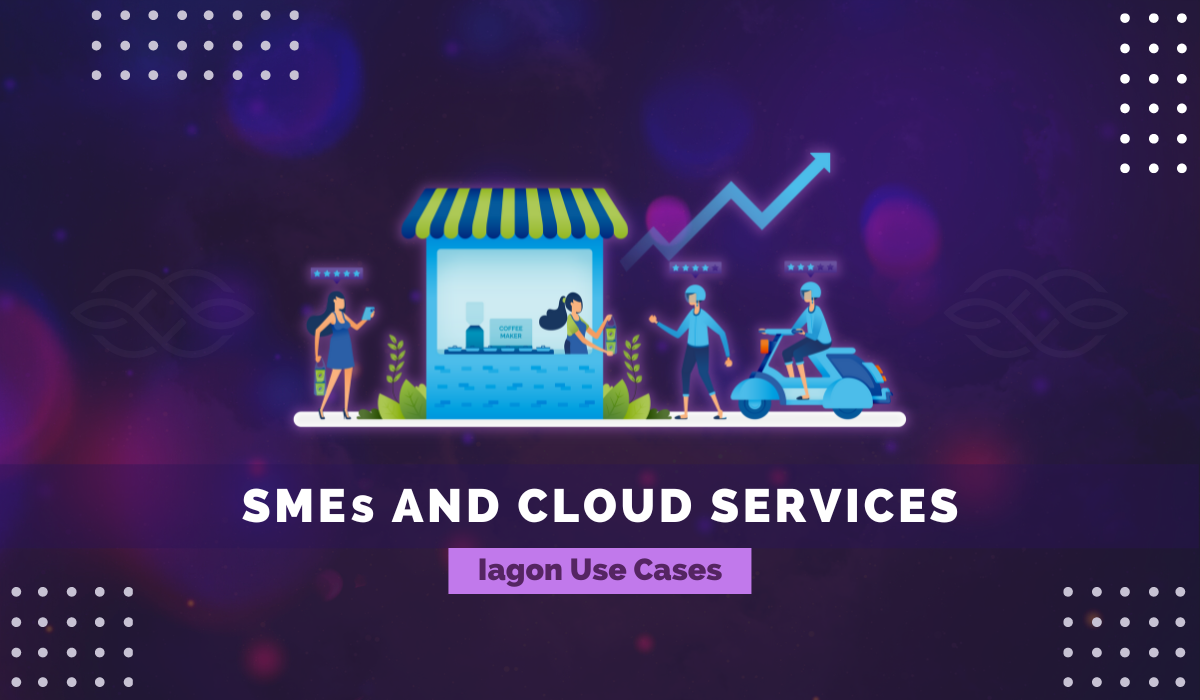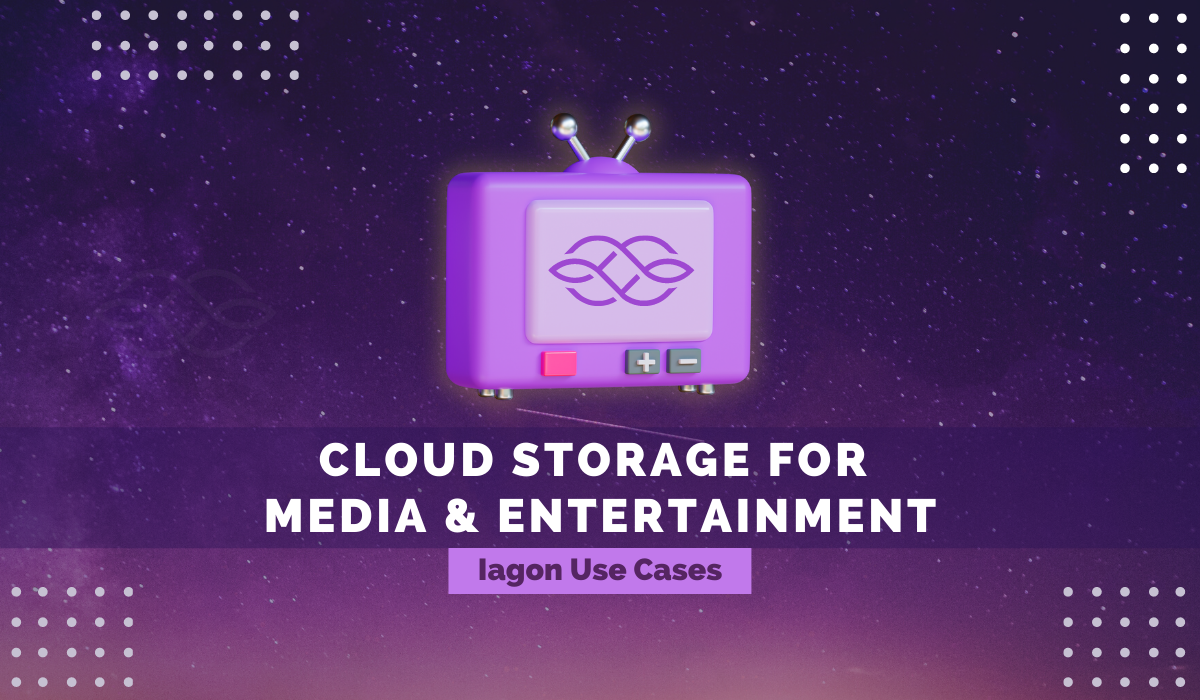The world around us is becoming increasingly digitalized. Businesses rely more and more on technological innovations and network solutions. According to some sources, the majority of enterprises will adopt a cloud-first culture in the next 3 years. Perhaps the public sector should be even more interested in embracing new technologies as government agencies often use outdated software or hardware not fit for today’s requirements. Is it really possible for public institutions to turn to cloud computing or cloud storage, and - more importantly - how can they benefit from it?
Reasons for cloud adoption
Just like all the businesses described in the previous articles, public sector institutions need to manage their budgets wisely. Cloud services often prove to be extremely cost-efficient. There are many options for government institutions to consider, from Software as a Service (like Google Docs) to Infrastructure as a Service (cloud storage) or even Platform as a Service (involving software and hardware access). It seems that advanced office suites are not an absolute necessity in the white-collar environment. Opting for the free Google Docs suite should be sufficient for everyday tasks, even if the software’s a bit basic. What about data storage? Moving archives to the cloud means an organization does not need to maintain its own servers, which translates to lower energy costs and more office space. Furthermore, there is no need to run a whole IT department if there’s no on-premise infrastructure. Let’s not forget about emergencies and cyclical demands. There’s no point in provisioning costly hardware that won’t be used most of the time. Relying on easily scalable cloud computing helps organizations handle changing workloads with ease.
In the past few years, we have witnessed a major shift in the general approach to working online. The coronavirus pandemic led to lockdowns in many countries all over the world, literally forcing millions of people to work from their homes. This would not be possible without cloud services. Administration workers play a key role in the proper functioning of the state, so it’s rather obvious they need to be able to work remotely in times of crisis. But cloud services can be just as useful for the public sector under normal conditions. Implementation of cloud computing greatly improves productivity through interoperability and simplification of various processes. Agencies or departments can collaborate easily, saving time and resources. It’s easier for local governments to build online platforms for citizens, gather and analyze demographic data, control contractors, manage public housing, etc. There are countless possible use cases.
Naturally, government agencies and other public sector organizations handle or store vast amounts of sensitive data - social security numbers, medical records, documents related to national security, and so on. Luckily, analog documents are slowly becoming a thing of the past. But does digitization solve the problem of data fragility and security? Not necessarily. Many public organizations (particularly at the local government level) often rely on outdated on-premise infrastructure that is vulnerable to attacks. It would be either technically impossible or simply too expensive for them to achieve the level of security guaranteed by cloud solutions. Migration to the cloud also eliminates the risk of losing data in the event of a natural disaster or a military conflict.
Potential challenges and solutions
Obviously, no organization can adopt cloud technology at the flick of a switch. The process is complex and many problems have to be tackled along the way. These include technical complexity, unexpected expenses, privacy and security issues, regulatory requirements, etc. Let’s take a closer look and see if Iagon can help the public sector overcome these challenges.
Of course, although relying on cloud computing and storage is considerably cheaper than maintaining a large IT infrastructure on-site, some expenses are still unavoidable. What is not that obvious, however, is the fact that some cloud service providers only offer service bundles or have no transparent pricing policy. Hidden fees, lack of flexibility, or long-term obligations can lead to exceeding the initial budget assumptions. The implementation of cloud solutions offered by some providers can require specific employee training also resulting in additional expenses. Iagon’s platform is designed to be user-friendly so that anyone can start using it with no problems whatsoever.
Paying for services that are not required might be considered mismanagement. Iagon addresses this by providing services tailored to the needs of the consumers. It’s the customers who decide what kind of services they need and when they need them. Service prices are fair and competitive, as they are driven by the market supply and demand.
While interacting with online public services, web users provide public agencies with sensitive personal data. As data processors, these agencies have to comply with various data privacy regulations such as the GDPR. Currently, data subjects have the right to know how and why their personal info is processed. At Iagon, we are all about privacy - we’ve even introduced a Zero Cookie Tracking policy on our website. By implementing our solution, public agencies would put the users in charge of all that personal information. It would be up to the user to specify where their data is stored or how and for what purpose it can be accessed.

Nearly all data gathered by the public sector organizations falls under the scope of various regulations. Some of them specify precisely where certain data types should reside. With large cloud providers, organizations often have no control over this, and in many cases, public cloud access is not enough so more secure solutions (private cloud, for example) are necessary. Iagon’s protocol allows the customers to meet jurisdiction-specific data handling requirements whenever necessary.
What about data security? As mentioned before, public sector organizations are often slaves to outdated infrastructure, which makes them prone to cyberattacks. The safety of data is sometimes compromised by the employees using third-party online file transfer tools without permission. Although migrating data to cloud storage looks like an obvious solution, even renowned cloud service providers fall prey to hackers from time to time. Iagon’s protocol leverages the power of decentralization, SHA256 encryption, random clipping masks, error correction codes, compression, and sharding. That means in case of an unlikely breach data is perfectly safe.
Final remarks
Cloud adoption can be highly beneficial to the public sector. Streamlined workflow, effortless regulatory compliance, and immensely improved data security are just a few of the many potential advantages. The Iagon team is always on the lookout for new ways of improving our decentralized platforms. We believe decentralized storage and computing solutions are the future of the cloud. So if you agree and would like to know more about our project or its potential applications, feel free to have a look at our whitepaper.





